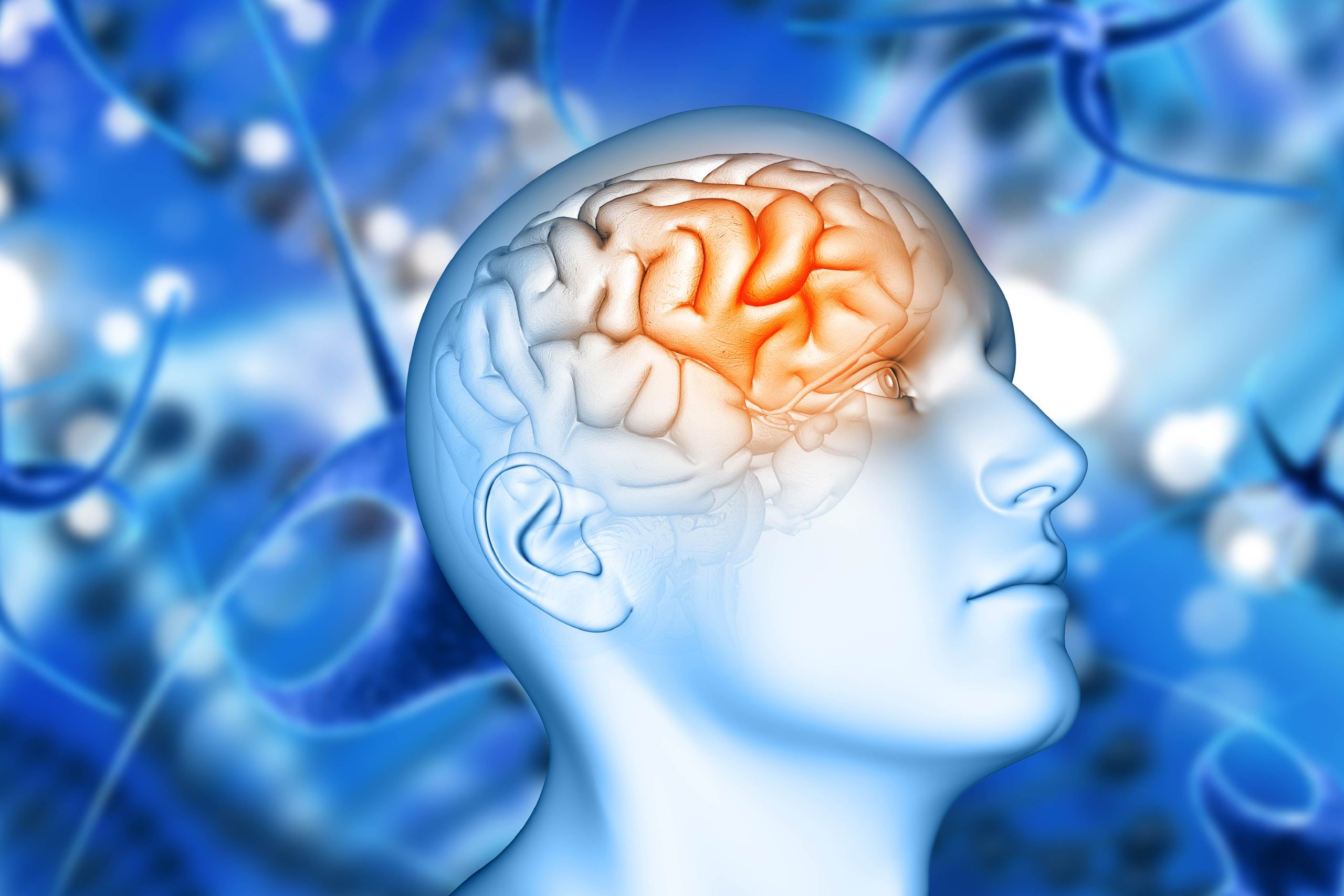Brain Cancer

Overview
Brain cancer is a type of cancer that occurs when abnormal cells grow and divide uncontrollably in the brain tissue. These abnormal cells can form a mass, or tumor, that can interfere with normal brain function.
There are many types of brain cancer, and the type and location of the tumor will determine the treatment options and prognosis. The most common types of brain cancer include gliomas, meningiomas, pituitary adenomas, and schwannomas.
Symptoms of brain cancer may include headaches, seizures, nausea and vomiting, changes in vision or hearing, weakness or numbness on one side of the body, difficulty speaking or understanding language, and changes in mood or personality.
The risk factors for brain cancer include exposure to ionizing radiation, certain genetic conditions, a weakened immune system, and a family history of brain cancer.
Diagnosis of brain cancer typically involves imaging tests such as CT or MRI scans, and a biopsy to remove a sample of the tumor for examination under a microscope.
Treatment options for brain cancer may include surgery, radiation therapy, chemotherapy, targeted therapy, and immunotherapy. The choice of treatment depends on the type and location of the tumor, as well as other individual factors such as age and overall health.
Brain cancer can be a serious and life-threatening condition, and early detection and treatment can improve outcomes.
Symptoms
The symptoms of brain cancer can vary depending on the location, size, and type of tumor, and may develop slowly or suddenly. Some common symptoms of brain cancer may include:
- Headaches: Persistent headaches that are often worse in the morning and improve throughout the day.
- Seizures: Seizures that are not related to a known medical condition or occur for the first time in adulthood.
- Nausea and vomiting: Persistent nausea and vomiting that are not related to a known medical condition.
- Changes in vision: Blurred or double vision, loss of peripheral vision, or changes in vision that occur suddenly.
- Changes in hearing: Ringing in the ears or hearing loss.
- Weakness or numbness: Weakness or numbness on one side of the body, or in one arm or leg.
- Difficulty speaking: Slurred speech or difficulty finding the right words.
- Changes in mood or personality: Depression, anxiety, irritability, or changes in personality.
- Memory loss: Difficulty remembering recent events or retaining new information.
It is important to note that these symptoms can also be caused by other conditions, and not all brain tumors cause symptoms. However, any persistent or unexplained symptoms should be evaluated by a healthcare professional.
Treatments
The treatment of brain cancer depends on several factors, including the location, size, and type of tumor, as well as the patient’s age and overall health. The following are some common treatments for brain cancer:
- Surgery: Surgery is often the first treatment for brain cancer and involves the removal of as much of the tumor as possible. In some cases, surgery may not be possible if the tumor is located in a critical area of the brain.
- Radiation therapy: Radiation therapy uses high-energy beams to kill cancer cells and shrink tumors. It is often used in combination with surgery and/or chemotherapy.
- Chemotherapy: Chemotherapy involves the use of drugs to kill cancer cells throughout the body. It is typically used after surgery or radiation therapy to reduce the risk of cancer recurrence.
- Targeted therapy: Targeted therapy involves the use of drugs that specifically target cancer cells, while sparing healthy cells. It is often used in combination with chemotherapy or radiation therapy.
- Immunotherapy: Immunotherapy involves the use of drugs that help the immune system recognize and attack cancer cells. It is a newer treatment option that has shown promise for some types of brain cancer.
In addition to these treatments, there are also clinical trials available for new and innovative treatments for brain cancer. It is important to discuss all treatment options with a healthcare professional to determine the best course of action for each individual patient.
Brain cancer is a type of cancer that occurs when abnormal cells grow and divide uncontrollably in the brain tissue.
- Headaches
- seizures
- nausea
- weakness
- vision changes





